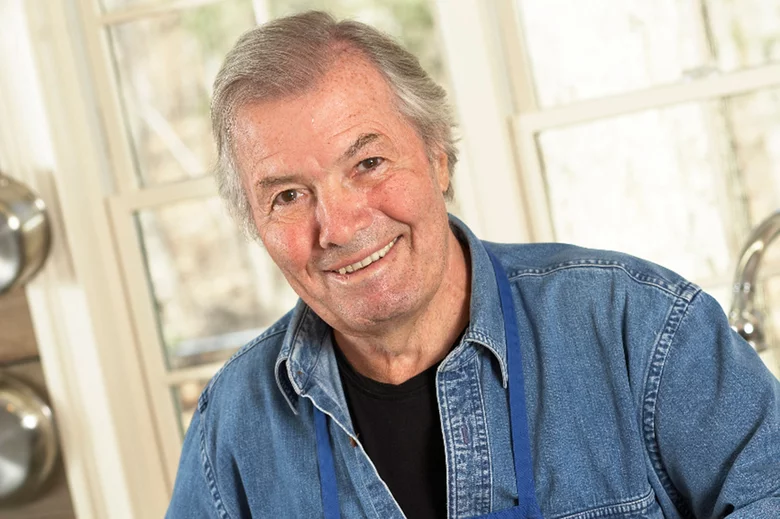An interesting thing happened when I wrote about Safeway introducing a line of organic products. Not everybody who read the announcement thought it was a good thing. Now Wal-Mart has made plans to introduce a line of organic products, with the goal of selling them at no more than 10% above the price of non-organic products. So, what's wrong with that?
It turns out plenty might be wrong with it. Michael Pollan has written a fascinating article in the New York Times called Mass Natural, what becomes increasingly clear is that the issues concerning organic, local, and sustainable food are complicated and interrelated and only get more complicated when major players get involved. For example, Pollan points out that Wal-Mart's version of "cheap organic" may not be sustainable. What exactly is sustainable agriculture? A rather slippery concept, according to CUESA (Center for Urban Education about Sustainability) sustainable agriculture unites stewardship of the land with a respect for farm workers, the need for healthful food, and the crucial awareness that we must protect our natural resources for future generations. It is the cultivation and distribution of food in a manner that is environmentally sound, economically viable, socially just, and can be perpetually maintained.
All of this brings me back to the Slow Food Movement, which began as a response to McDonald's opening up in Rome at the Piazza di Spagna. Among other things, it maintains that we need to preserve traditional, regional, organic products and pay attention to the real cost of food--organic, local, imported, any kind of food. Up to now the organic movement has pushed for the reduction of cheap industrial food. Ironically soon we may be getting cheap industrial organic food.
So how do we make sense of it all? I say let's be realistic and take progress where we can get it. Wal-Mart and McDonalds are not going away, no matter how much as we might wish they would. Will big Wal-Mart push out some small organic producers? Quite possibly. And that would be a shame. But would you rather only have limited access to organic products? Not me. More organic options are a good thing. At least we will have removed chemicals from our food and our environment and that's a big step in the right direction, as far as I'm concerned.
With any luck as organic becomes more available, the bar will rise and the "Certified Humane" movement will be the next to impact our largest food producers and retailers. Then we will truly see food priced according to the real costs and not artifically lowered and dependent upon the abuse of animals and/or people.
FOOD





